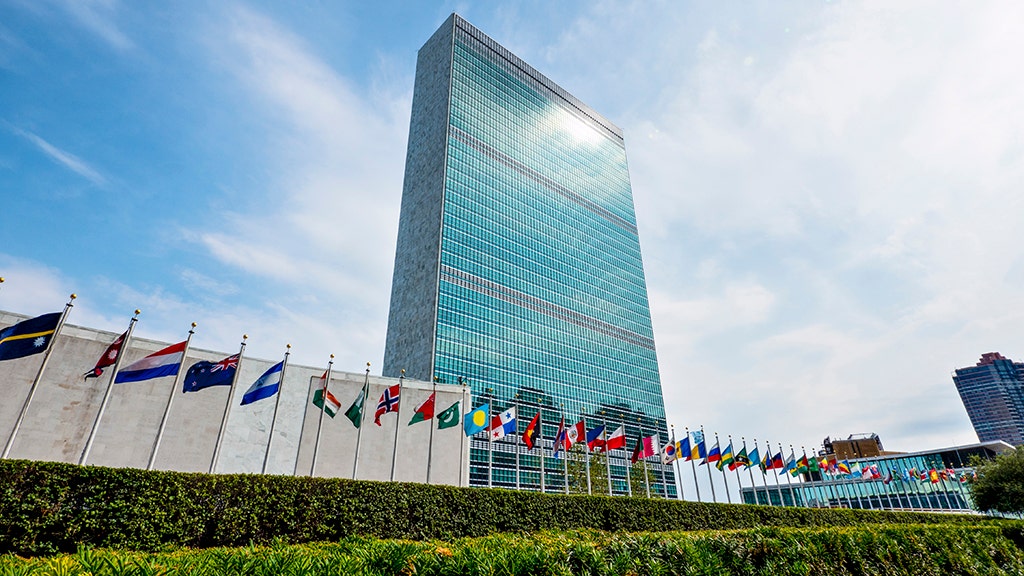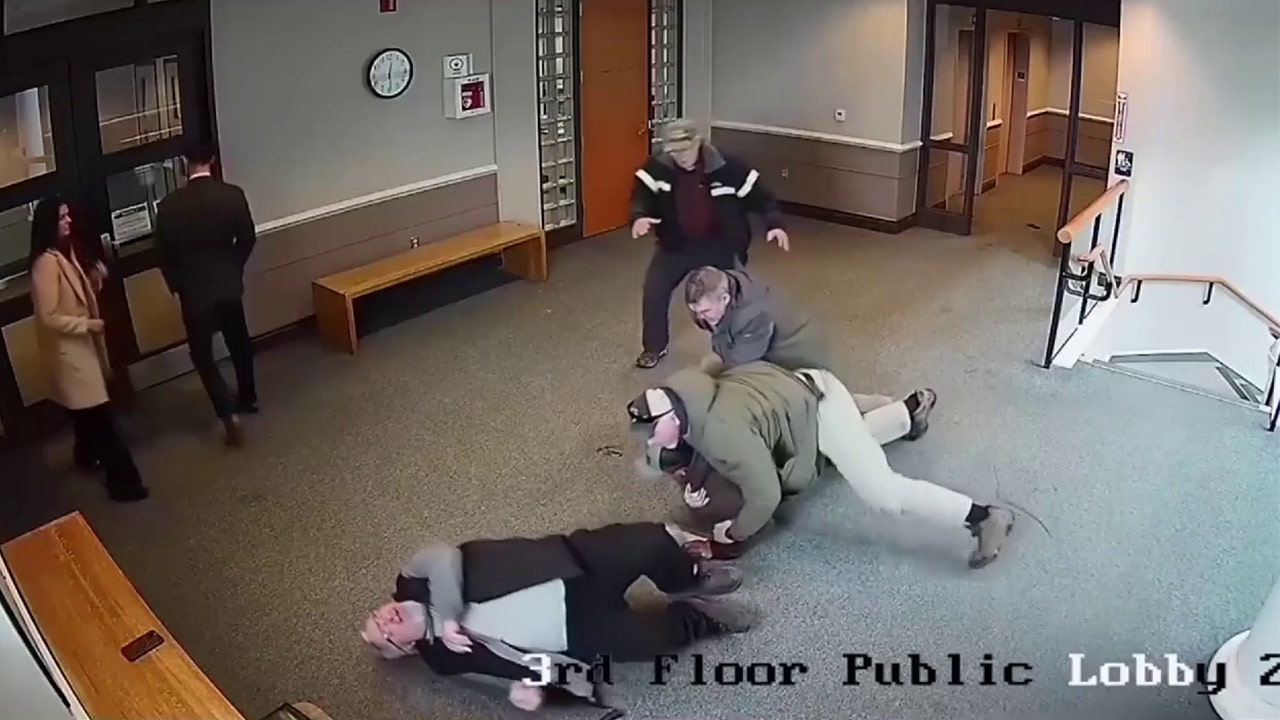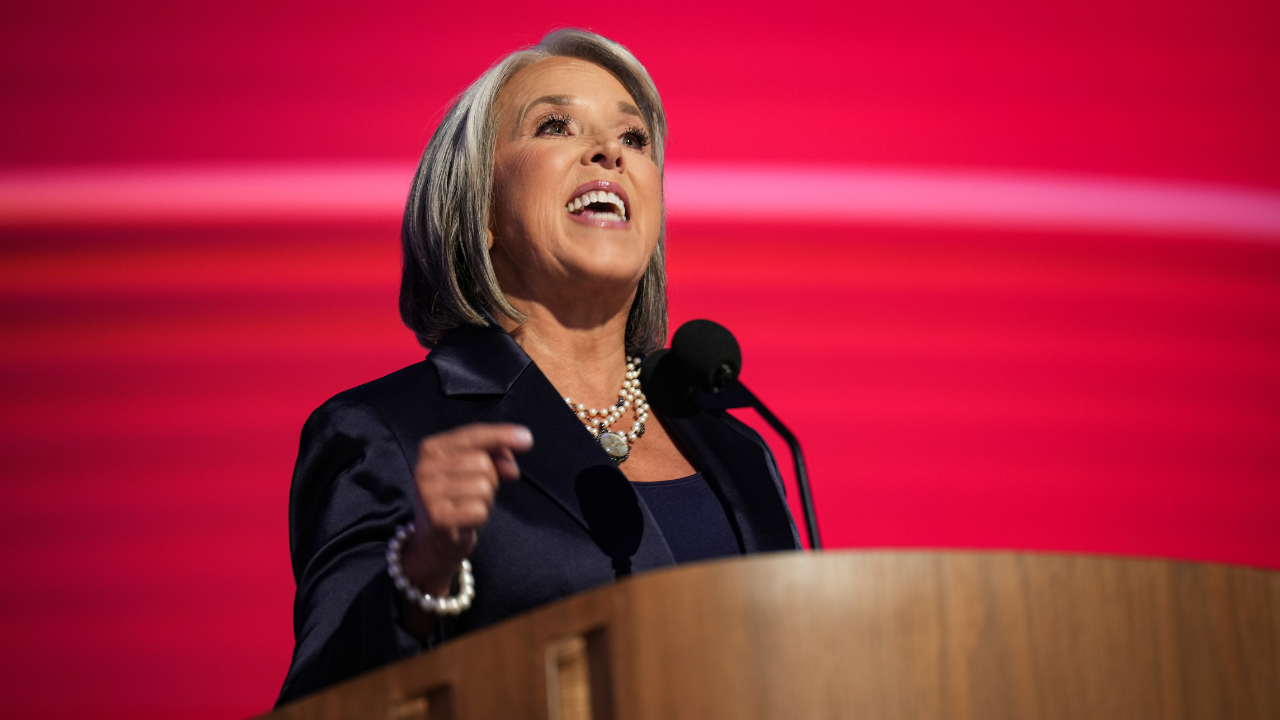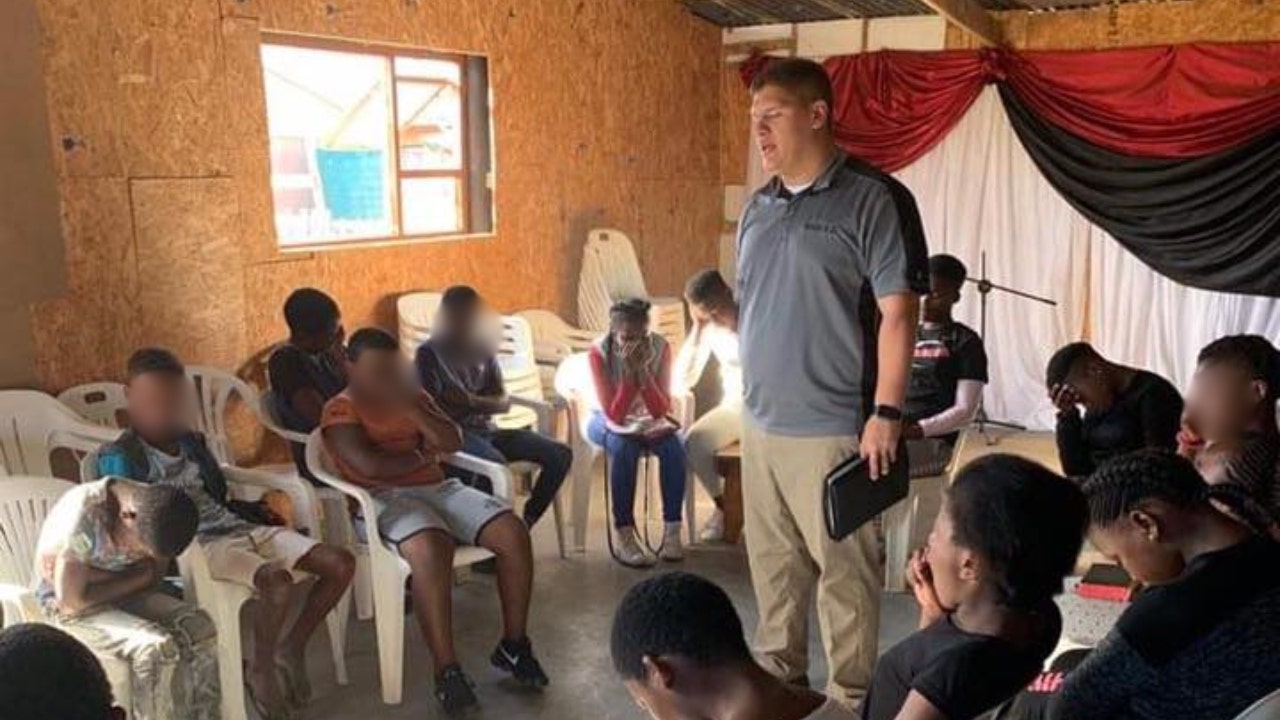Experts slam UN action plan for combating antisemitism: ‘phony exercise in futility’

The United Nations recently released an “Action Plan to Enhance Monitoring and Response to Antisemitism” in response to a surge in antisemitic incidents targeting Jews and Jewish institutions worldwide. However, critics, including Anne Bayefsky, the director of the Touro Institute on Human Rights and the Holocaust, have labeled the plan as a “phony exercise in futility.” Bayefsky claims that the U.N. is the leading global purveyor of antisemitism and that the Action Plan is merely a facade to pretend to combat antisemitism.
The U.N.’s Action Plan, developed by the U.N. Alliance of Civilizations (UNAOC), emphasizes the importance of understanding and identifying antisemitism but fails to provide a clear definition of what constitutes antisemitism. The plan does not adopt the International Holocaust Remembrance Alliance definition of antisemitism, which is endorsed by 45 member states and most major Jewish organizations worldwide, as it recognizes the connection with Zionism and Israel.
Critics like Bayefsky argue that the U.N. is failing to address antisemitism effectively by not defining it clearly. The lack of consensus on defining terrorism within the U.N. has also hindered efforts to combat groups like Hamas, Hezbollah, and the Houthis. Despite some effective efforts to counter terrorism, there is a struggle to designate these groups as terrorists due to the absence of a clear definition.
The Action Plan proposes implementing training modules to help U.N. staff recognize and understand antisemitism and requires senior U.N. officials to denounce antisemitic manifestations. However, Bayefsky questions the effectiveness of these measures, stating that educating U.N. staff about antisemitism without a clear definition is inadequate.
Critics also point out instances where U.N. officials, like U.N. Special Rapporteur Francesca Albanese, have been accused of antisemitic behavior, with little to no response from U.N. Secretary-General Antonio Guterres. The U.N. claims that special rapporteurs act independently, and their views do not necessarily reflect the U.N.’s positions.
In conclusion, while the U.N.’s Action Plan aims to enhance monitoring and response to antisemitism, critics argue that without a clear definition of antisemitism and a lack of accountability for antisemitic behavior within the organization, the efforts may fall short. The U.N. must acknowledge its shortcomings and take concrete actions to combat antisemitism effectively.




